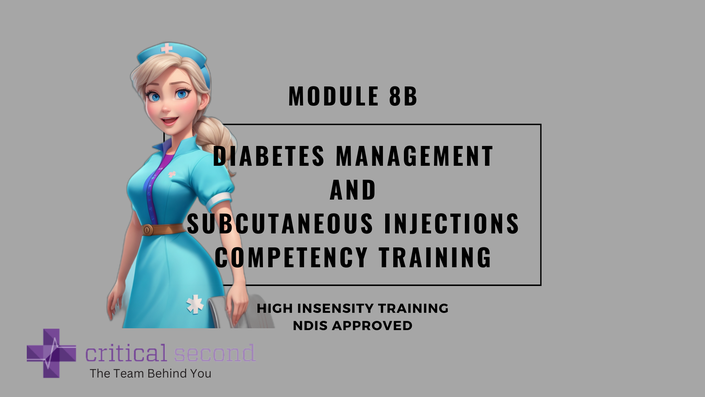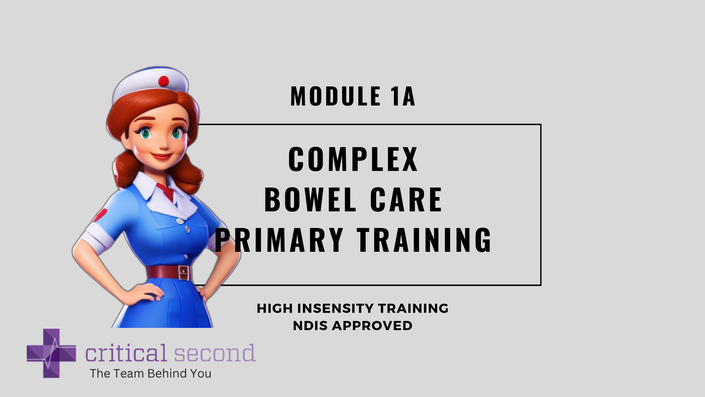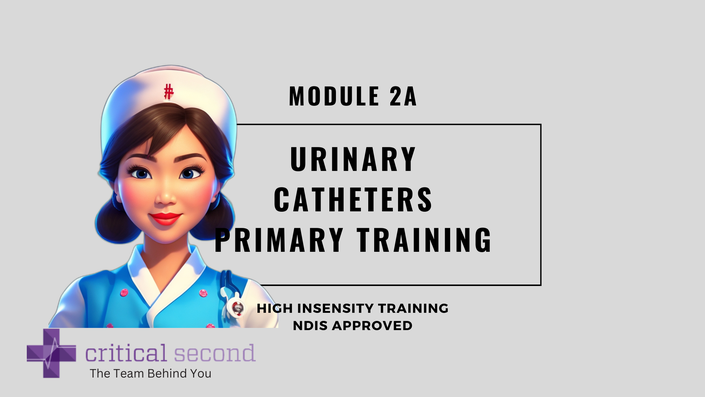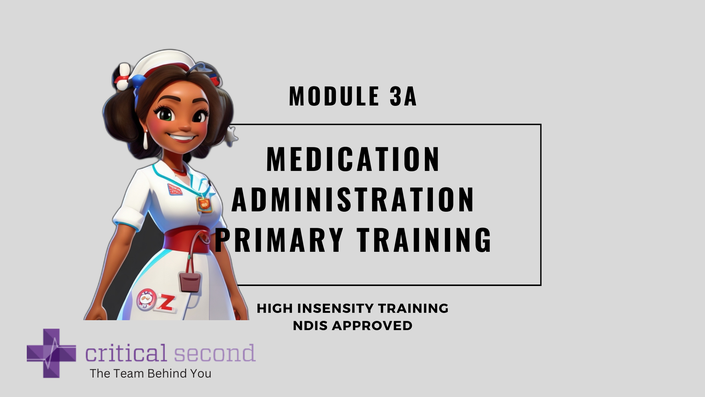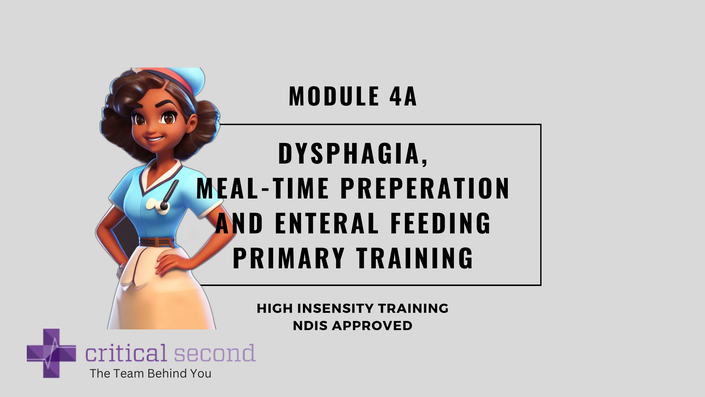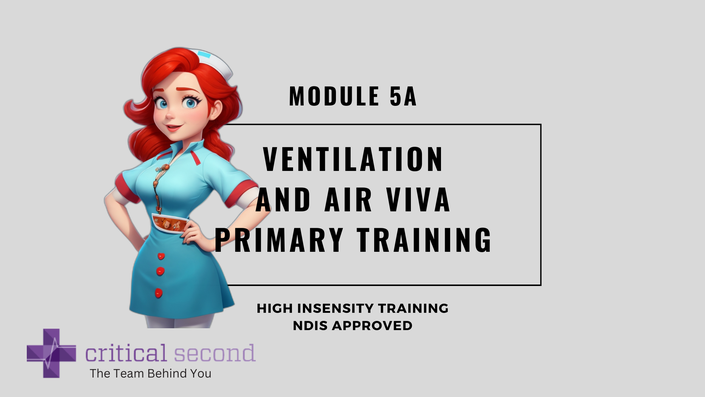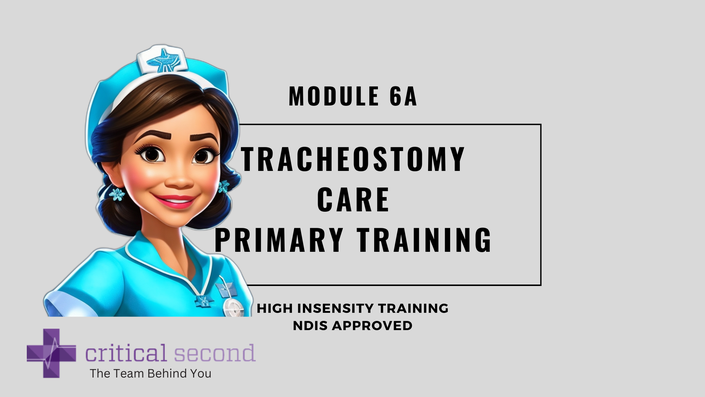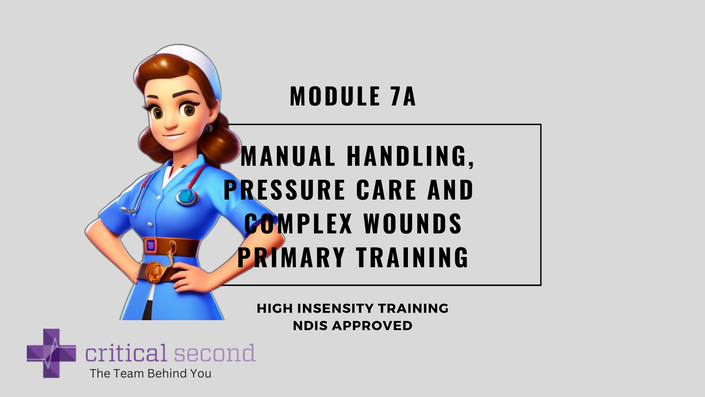Help People to Manage Diabetes Smartly and Safely
This training ensures safety and dignity, fostering trust and respectful care. Ultimately, it's a vital component of comprehensive healthcare education that enables positive outcomes and upholds compassionate care principles.

The Importance of this Course
Training in diabetes is of paramount importance because diabetes is a prevalent and complex chronic condition that nurses and support workers encounter across various healthcare settings.
Your skills include monitoring blood glucose levels, administering insulin and checking medications, providing dietary guidance, and educating people about self-care practices. A well-trained team can optimise outcomes, prevent acute complications like hypoglycemia or hyperglycemia, and improve the overall quality of care for individuals with diabetes.
NDIS TRAINING STANDARDS AND REQUIREMENTS
· Pre-reading and Module A completed (ideally before you start work, to learn best practice), this includes completion of the quiz as evidence of knowledge and understanding. Primary care document issued
· Module A remains evergreen if Learning Discovery Pathways (preferably per customer) are signed off by an approved RN and Module B is completed (in-line with 3 month standard probationary period). This is where a competency document is issued. Also, hence, the loop only remains open if you complete your competencies
· If not completed within 12 months, Module A will be revoked as you have not met NDIS compulsory training standards. You will need to re-apply
· In-line with this criteria, you should only ever have to do Module B once, then it moves to the Module C refresher as part of an annual subscription model with reminders
YOUR DELIVERABLES TO THE NDIS
· PRIMARY CARE DOCUMENT (knowledge), encompassing best practice standards
· Client induction- LEARNING DISCOVERY PATHWAY (skill), identifying customer individuality
· COMPETENCY DOCUMENT (ethics), the marriage of worker, customer and NDIS
Diabetes Management and Subcutaneous Injections Curriculum
- Module 8A - Diabetes Management & Subcutaneous Injection (0:42)
- Diabetes Management & Subcutaneous Injection- Educational material
- Quiz - Diabetes Management & Subcutaneous Injection
- Learning Discovery Pathways for Diabetes and Subcutaneous Injection-(printable pdf)
- Easy Read document for family and friends, pdf. Diabetes
THE STEPS
Upon completion of any Primary Training
Module A opens the gateway to working hands-on with high intensity customers
MODULE A | COMPLETE PRIMARY TRAINING | Engage and reflect on learned content and your new deepened understanding.
Client induction-
LEARNING DISCOVERY PATHWAY | Real-world Applications and Risk Mitigation - (The Gateway is Open).
Commence work with your customers. Undertake care with new skills and knowledge.
You have been shown industry practice standards, now follow the Learning Pathways to display your skills and if needed identify differences to practice standards.
Help your customer or identify risk, this is what makes each person unique. If the customer does it differently that's ok. Differences are acknowledged, mitigated where possible and recorded in the risk register.
(Print out this form and complete as evidence of your knowledge and skills)
____________________________________________________
MODULE B | DECLARATION OF COMPETENCE | NDIS High Intensity Descriptor Practice Standards | - Reaffirm foundational skills, meet industry standards and protocols.
Competency issued when all above criteria met (go to Module 8B, see below).
____________________________________________________
C MODULES | ANNUAL REFRESHER | Professional Development, Career Planning, and Lifelong Learning | - Inspire ongoing learning and professional growth, while also staying up-to-date with your credentials via our Annual Competency Refreshers.
Compulsory to remain high intensity competent (go to Module 8C, see below).
Suggestion: Repeat Primary Training before completing this module. Industry updates are added to Primary Training.
TRAIN THE TRAINER | Peer Collaboration
Projects - Foster collaboration
and problem-solving skills. Contact a Critical Second team member about our
Train the Trainer programs and become your workplace expert.
Declaration of Competence
and Annual Refresher
Module 8B - Diabetes and Subcutaneous Injection Competence
Module 8C - Annual Refresher
NDIS Approved Competence
Proper training ensures that both nurses and support workers can administer subcutaneous injections safely and accurately, reducing the risk of complications like infection, tissue damage, or medication ineffectiveness. Competence in subcutaneous injections is vital for providing the right dose of medication in a way that minimizes discomfort and promotes better treatment outcomes.
Additionally, training in subcutaneous injections enhances your overall clinical proficiency and person-centered care. It enables you to select appropriate injection sites, take into account personal preferences, specific medical conditions, and effectively communicate with people about the procedure. This not only ensures that the experience is as comfortable as possible but also builds trust and fosters a higher quality of care, contributing to positive healthcare outcomes.


12 Monthly Refresher Required by NDIS
The skills and knowledge in High Intensity supports present some of the highest risks for participants. Regularly refreshing your knowledge and skills is an essential part of staying competent and up-to-date in any field, the NDIS requires a refresher every 12 months as new medical knowledge can change from time to time to updated practices.
You might like these?
Diversify your knowledge and become a more well-rounded nurse or support worker

